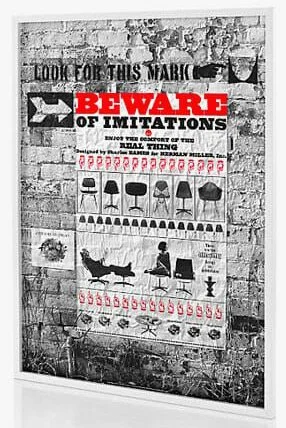Why Designers Aren’t Bargain Hunters
Interior design, like many professions, requires training, education and customer service. We spend years building relationships with vendors and weeding out the excellent from the sub par. We research product reliability, sourcing, environmental imprints and more. These are just some of the tools we use when we are hired for a remodel.
When we interview our clients we begin the process of learning about the job, not just regarding design, but lifestyle, family, future goals and, depending on the job, even health. We understand the magnitude of the decision to remodel and the subsequent funding needed to make a dream living space a reality. We take none of that for granted but instead, we use it to build a program for the project. Building a program is the first phase of your remodel and, possibly, the most important. Having an open and honest discussion with your designer allows us to create the best program for you that has both emotional and financial value.
When a designer creates the program, it includes all of the details, not just some of the details. So when a client attempts to piecemeal the project by shopping independently and finding something less expensive, this interrupts the program we have designed specifically for you and negates our years of research and relationship building with vendors.
To understand the value of using our resources rather than being a bargain hunter, you need to understand the reasons we are NOT bargain hunters.
Credit: Herman Miller’s Ad “Beware of Imitations” in 1962’s Art & Architecture
Know your product: Discount stores and online stores often do not have clear specifications on the items. Some examples would be, what is the slip resistance of the tile, what is the component of the wood on a bookshelf and what is the durability of a fabric that may be used for furniture? Without these answers, you are lowering the quality of your remodel and potentially causing the need for replacement or potential problems down the road.
Environmental Impact: Purchasing a lower price product manufactured in some foreign countries has a huge environmental impact. Many countries do not regulate water, ground contamination or air pollution. We live in a global economy so we need to think global, and what happens across the sea will, eventually, impact all of us. Studies have shown that people say they want to support the environment but many don’t realize some of their actions are actually contributing to the larger environmental footprint. Purchasing fast clothes that don’t last, interior decor that cannot withstand daily use of what it was intended for and is replaced in a few years are a few examples of these actions.
Knowledge: This is a huge reason why we are not bargain hunters. We have developed relationships with plumbers, lighting companies, builders, contractors, cabinet makers, flooring companies, window treatment companies and paint, to name a few. These relationships add to your value as we know you are receiving a quality, durable product that will last the lifetime it was intended for. When a client bargain hunts and tracks down something from an unknown source, it puts the onus of tracking and researching these details on the designer and this is NOT time or money well spent.


